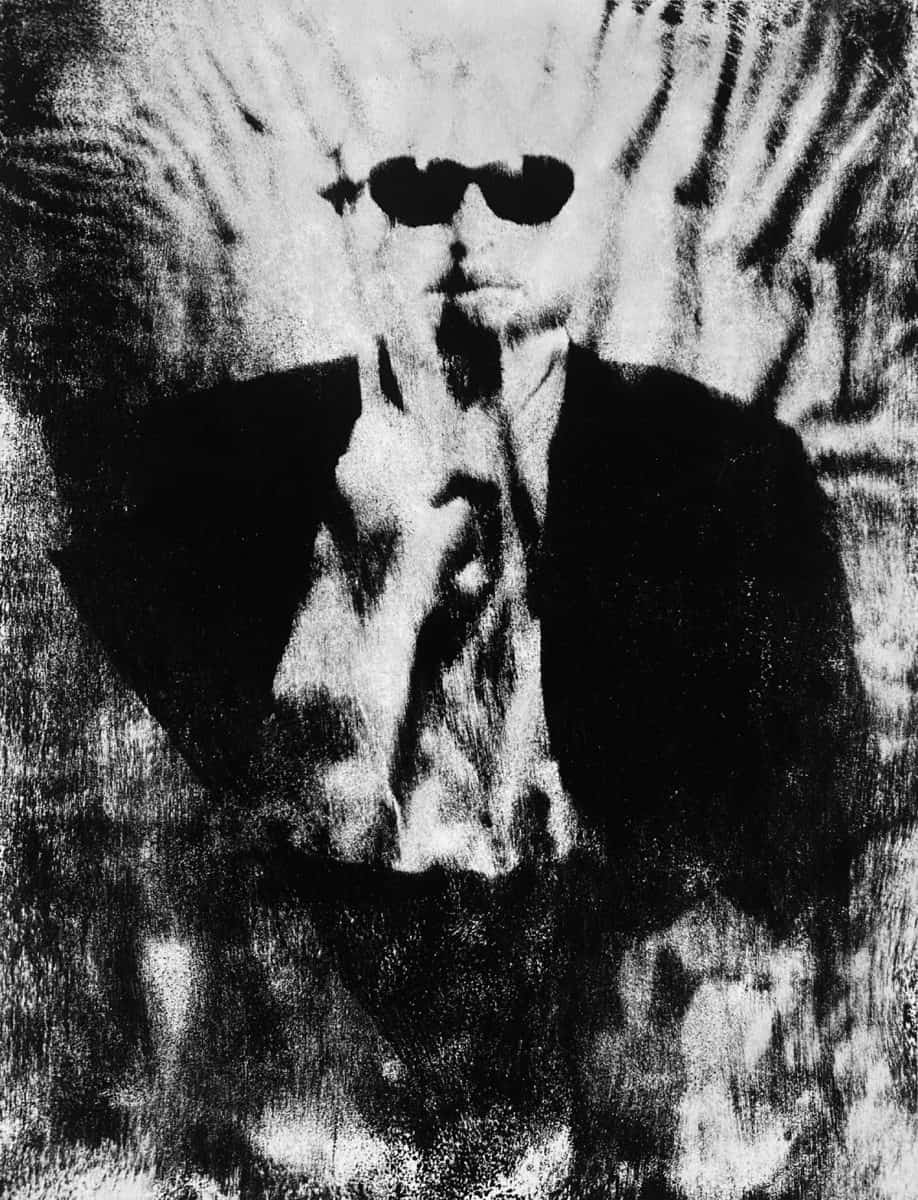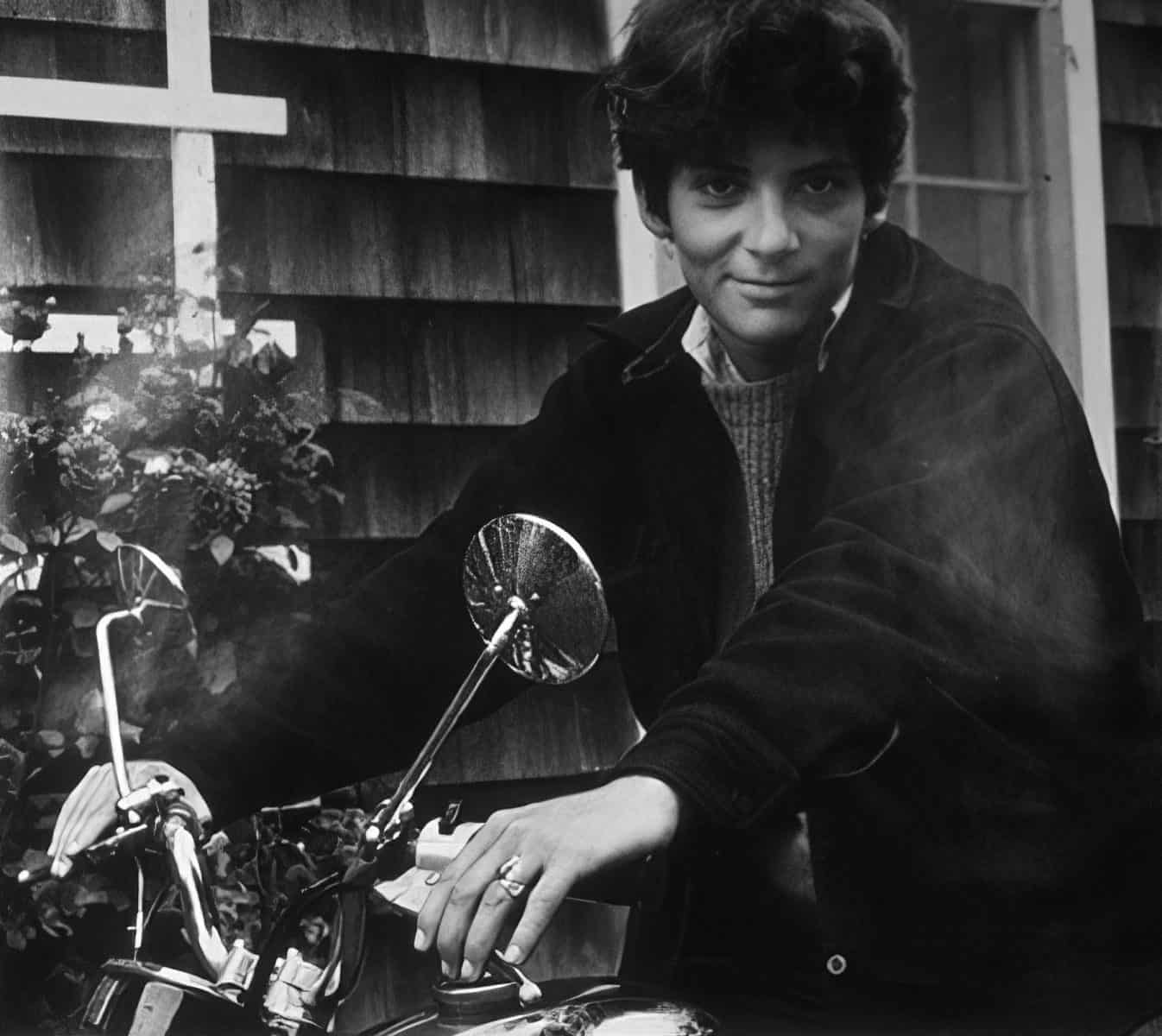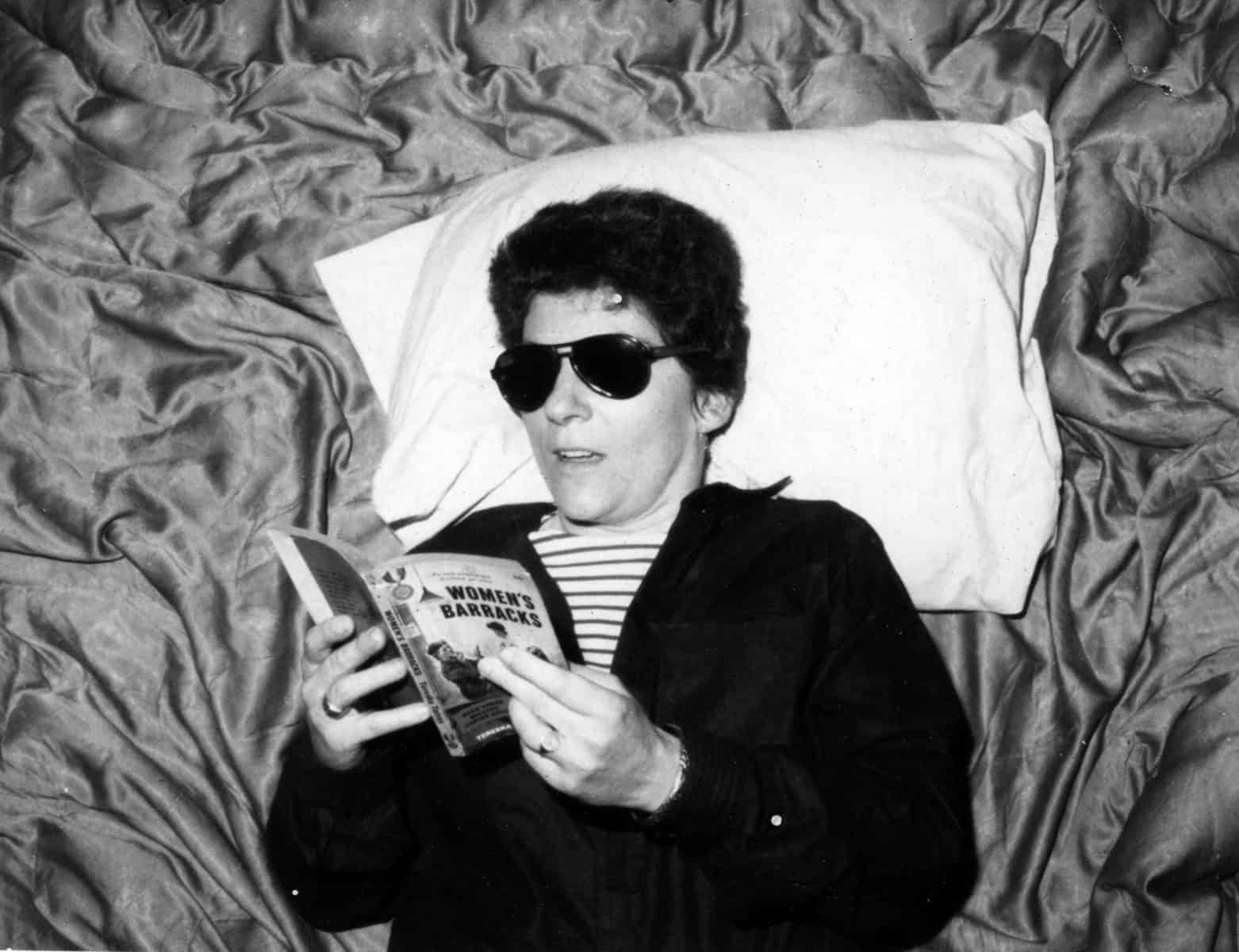Queer Life Explored in Documentaries at the Provincetown International Film Festival
by Steve Desroches
As language continues to change, and be debated, in regards to how to fully express the diversity of the LGBTQ community, the alphabet soup of identities illustrates just how complicated it is to accurately reflect the beautiful variations of sexuality and gender, something so central to human expression and identity. But the discussion goes beyond just that, in particular when it comes to how culture reflects and absorbs queer influences, challenging the very definition of the at times controversial word that is in the process of an evolution with no universally agreed upon modern meaning, including if it at times can apply to those outside the LGBTQ community. These selected documentaries all explore queer culture through the prism of how outsiders through art, thought, and just living can change the mainstream, as well as challenge assumptions within the LGBTQ community. In these documentaries, language matters less as the narrative within builds explanations without limits, coming to no linguistic conclusion, but with fascinating definitions.
ALL MAN:
THE INTERNATIONAL MALE STORY

Well before advertising algorithms and personal data mining created an eerie world of marketing that seemingly reads your mind with wildly specific ads–sometimes for something it feels like you were just thinking about rather than actually searching– showing up on social media feeds and in email inboxes, there was the International Male catalog. For many gay men in the 1980s and 1990s this mail-order catalog full of scantily clad, beautiful men just showed up in a manner that felt oddly personal. Like, how did they know? Perhaps the original queer eye for the straight guy (as most of the models were heterosexual), International Male utilized a gay male gaze directed at men’s bodies in turn to sell underwear and clothing, that often was laughable as it looked like it was for pirates, vampires, and pimps. Regardless of the taste level, International Male became to gay men what the women’s underwear illustrations in old Sears catalogs were to straight men, in terms of assisting masturbatory fantasies in the absence of the accessibility of anything more explicit. The story within this film, directed by Bryan Darling and Jesse Finley Reed, is fascinating and reveals that something as common as a catalog was an early expression of queer culture, completely changing the mainstream, without the establishment noticing (at first) that it was gay, gay, gay and would change how men would dress and groom themselves in the future.
This documentary screens on Thursday, June 16, 7 p.m. at Town Hall, 260 Commercial St. and Saturday, June 18, 11:30 a.m. at the Art House, 214 Commercial St.
DREAMING WALLS:
INSIDE THE CHELSEA HOTEL

When it comes to bohemian culture, artistic inquiry, and the appreciation of those on the fringe in American culture it would be hard to find a better source of said energy than Manhattan’s Hotel Chelsea. Built in the 1880s the hotel on West 23rd Street was a gathering spot and home to an enormous collective of creative thinkers and practitioners, as well as eccentrics, by the 1930s. For decades the hotel was a hive of imagination and creativity as well as at times madness, violence, and addiction.
It was perhaps the knife point of edgy, old New York City, with its heyday being the 1960s and 1970s when Chelsea attracted the likes of Andy Warhol, Janis Joplin, Leonard Cohen, Patti Smith, Bette Midler,Robert Mapplethorpe, Allen Ginsburg, and Jack Kerouac. The list goes on and on. It seemed that the Chelsea would just carry on as a living monument to the bohemian, and queer, spirit of New York City. But by the new millennium New York City was changing and the megalopolis was increasingly hostile to the culture that helped put it on the map as one of the art capitals of the world. Now the Hotel Chelsea is in the process of being turned into a luxury hotel and the remaining holdouts of the glory days aren’t going quietly. In this film by director Amélie van Elmbt you get to see the destructive nature of corporate culture and unregulated capitalism as residents appear as living ghosts in a city that no longer wants them. Dreaming Walls shows you just who is going to shut the light’s off as the party is over.
This documentary screens on Saturday, June 18, 4:30 p.m. at Waters Edge Cinema, 237 Commercial St. and Sunday,
June 19, 11 a.m. at the Art House, 214 Commercial St.
ESTHER NEWTON
MADE ME GAY
Prior to the work of cultural anthropologist Esther Newton LGBTQ people were often only examined in academia via psychology, and at that, often as needing treatment for an illness or disorder. But while a graduate student at the University of Chicago Newton took an entirely different approach, studying LGBTQ people as a distinct cultural group with folkways and customs that were unique. In particular, she initially studied drag queens, whose performances she began going to in the 1950s, and wrote her PhD dissertation in 1968 on drag culture, which would go on to be published in 1972 as Mother Camp: Female Impersonators in America, a pioneering work of LGBTQ studies. This documentary, directed by Jean Carlomusto, presents a full portrait of a fascinating life and person of a figure that should be a household name in the LGBTQ community, and beyond. Newton’s accomplishments are both profound and moving. In a more accepting time Newton very likely would have been a more widely known public intellectual, and she could still be as her work is now getting more of the attention it deserves. This film, a play on the title of Newton’s autobiography titled Margaret Mead Made Me Gay, a nod to another pioneering anthropologist, is really an exploration of a beautiful mind, someone who, like Larry Cramer, has a deep love for LGBTQ people. In addition, Esther Newton Made Me Gay shows quite clearly that Susan Sontag is not the final word on what is camp.
This documentary screens on Thursday, June 16, 4:30 p.m. at the Art House, 214 Commercial St. and Saturday, June 18, 7:30 p.m. at Waters Edge Cinema, 237 Commercial St.
REGGIE CABRAL: LARGER THAN LIFE TERRORIST

Provincetown attracts larger than life characters. Seemingly it always has and hopefully always will. In that canon Reggie Cabral is a monumental figure in Provincetown’s storied history. Indeed, the Cabral family in general is an oracle of the culture of the town, combining the fishing, art, LGBTQ and Portuguese immigrant culture, embracing the outsider, and a bit of scandal. And as is want in Provincetown the truth is very quickly shrouded in mythology and gossip presented as certainty. That’s what makes the documentary short Reggie Cabral: Larger Than Life Terrorist so compelling. Directed by Adam Golub, the eleven-minute portrait of Cabral delves into the story behind the man who turned the Atlantic House into not just an LGBTQ space with national importance, but also an arts space that featured legends like Billie Holiday and Ella Fitzgerald as well as the favorite watering hole of some of the giants of the artistic and literary world that came through Provincetown like Tennessee Williams and Willem de Kooning. Told largely through interviews with his daughter Jennifer, herself a force of nature, the film also tells the story of her mother Meara Cabral, who built the Boatslip and introduced tea dances to the town. Above all else, this film tells the truth and provides an important historical document for Provincetown.
This documentary short screens as part of Shorts 4: New England Thursday, June 16, 2 p.m. and Saturday, June 18, 6:30 p.m. at the Art House, 214 Commercial St. The series is also available to stream via the film festival website from June 20 to June 26.
Tickets are available at the Provincetown International Film Festival box office at The Commons, 46 Bradford St and online at provincetownfilm.org.
Tickets are NOT available at the door. For more information call 508.487.FILM.













